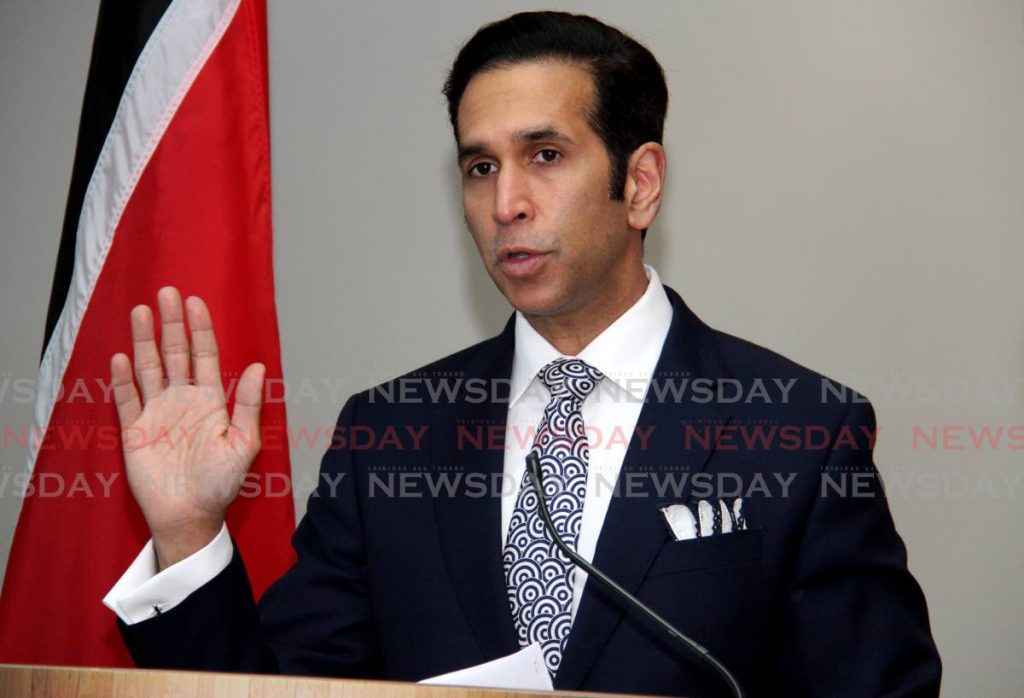Wrong on human rights

WHEN IT COMES to human rights, how well are the State’s institutions working?
Judging from recent developments, not very well.
There is actually a special Parliament committee set up to monitor human rights in the country. But despite its name, the Joint Select Committee on Human Rights, Equality and Diversity seems to have a habit of examining matters not often seen as central to its titular remit.
For instance, the committee enquires into issues relating to street dwellers, as it did last Friday. This is obviously an important issue. But it is something of a stretch to suggest this is a human-rights matter that should take precedence over, say, ending discrimination in the workplace.
The shortcomings are wider than just a failure of prioritisation.
The ongoing Privy Council case in which the notorious savings-law clause is being challenged is a good example. As noted by attorney Lee Merry, parliamentarians have failed, over decades, to address the issues surrounding this clause and have, in the process, denied citizens basic human rights that were meant to be guaranteed by the Constitution.
Attorney General Faris Al-Rawi on Tuesday sought to see the human rights glass as half-full at a UN review of this country’s rights record – even though there is no coherent refugee framework for dealing with Venezuelans, and minors are routinely shipped out of the country and separated from their parents, flouting the courts.
Mr Al-Rawi admitted TT does not have a national human-rights institution, but said the combination of bodies set up under the equal opportunities law and the Office of the Ombudsman “is the mechanism that is currently in operation.”
In this instance, seeing the glass half-full comes perilously close to asking us to be content with scraps.
These institutions, at the best of times, are barely effective; not well understood and oftentimes irrelevant to the experience of ordinary citizens subject to discrimination. They suffer from lack of resources as well as legal powers.
Infamously, the Equal Opportunity Act does not protect against discrimination on the basis of sexual orientation; and that law’s watchdog body is currently in litigation in relation to an unproven allegation of discrimination.
The remit of the Ombudsman is limited; indeed, there was no ombudsman up until a few months ago.
The Attorney General seems to appreciate the need for widespread legal reform on a range of human-rights matters, including the death penalty.
Yet he has invoked the need for consultations, when the question of protecting minority groups and upholding fundamental human rights should not lie with what the majority of people say in a town hall meeting or on Facebook.
As important as listening is, the nature of human rights itself imposes a moral duty on leadership. If they do not have the courage to do what is right, then how can our leaders have the moral authority to govern?


Comments
"Wrong on human rights"